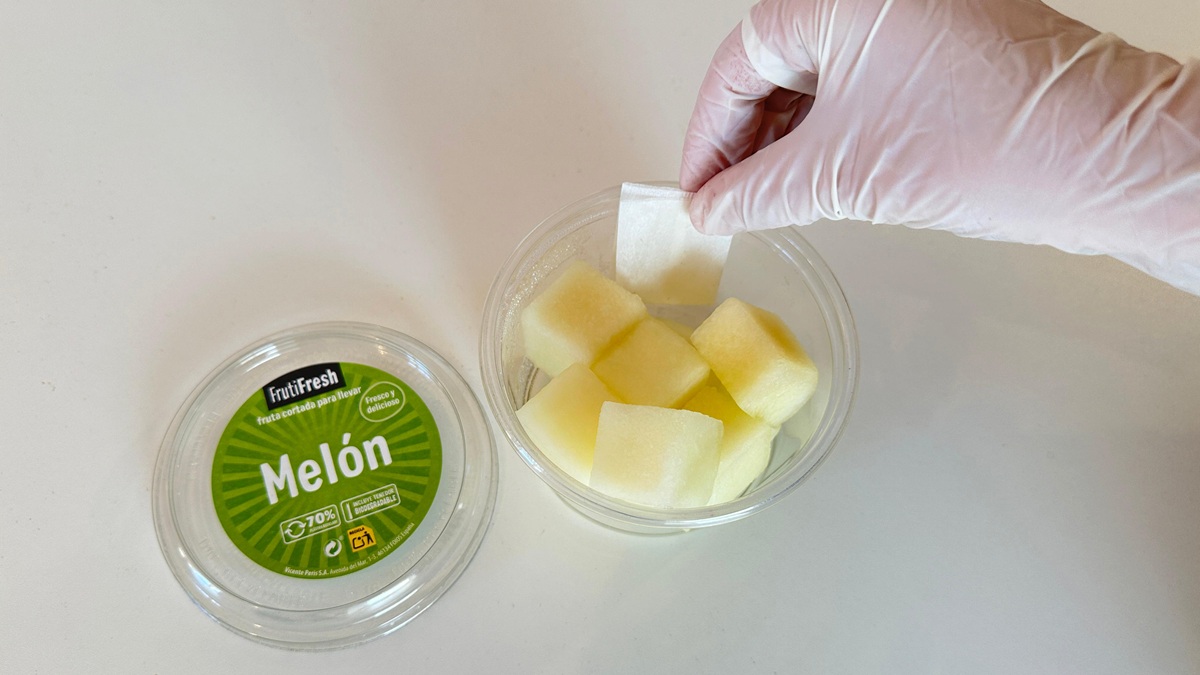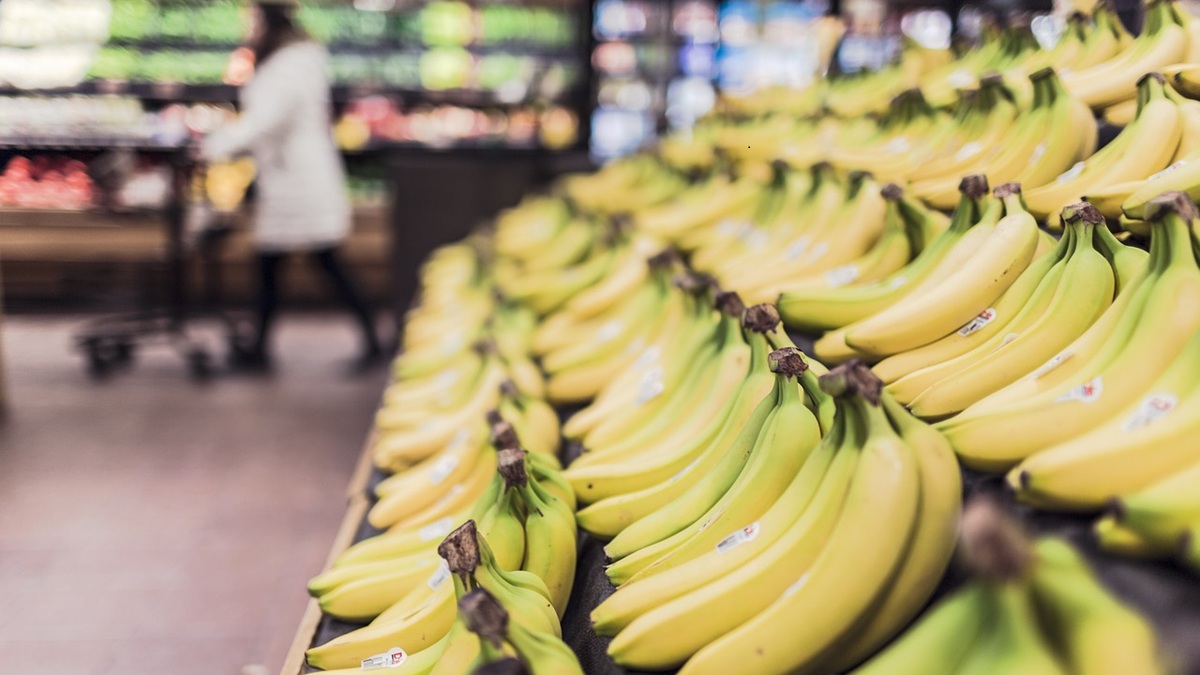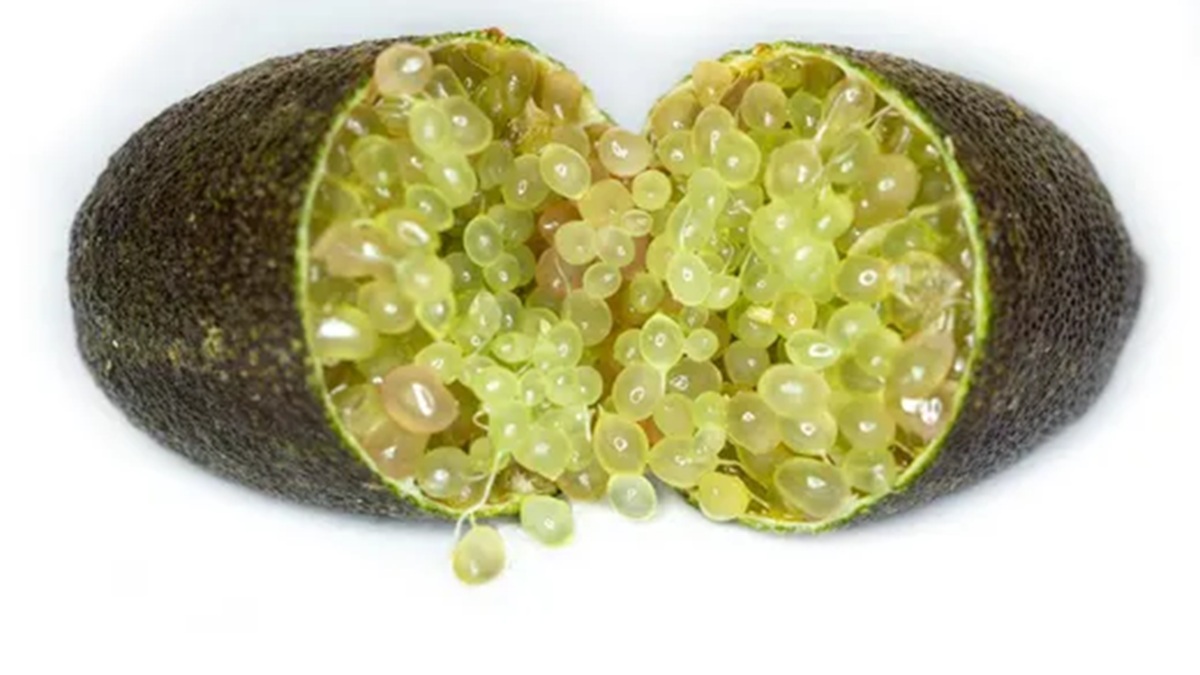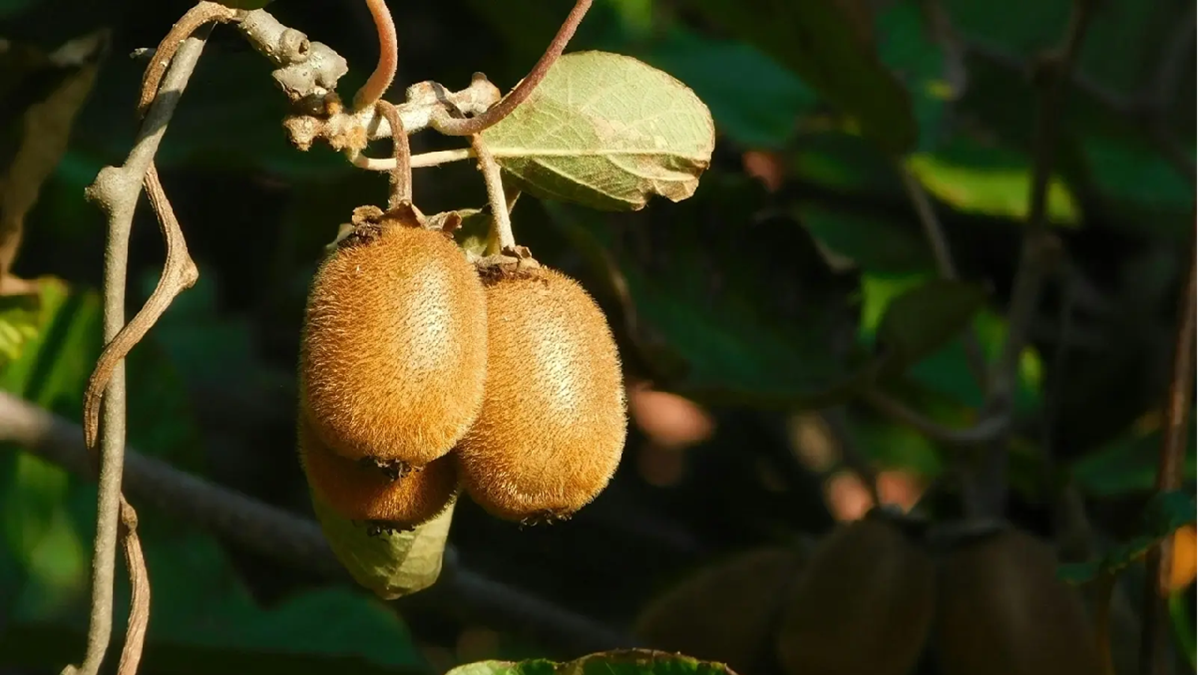Packaging
IATA-CSIC Leads the SUSAMPACK Project to Develop Sustainable Antimicrobial Packaging for Fresh-Cut Produce
IATA-CSIC is heading the SUSAMPACK project, which is developing sustainable, antimicrobial packaging made from natural biopolymers to extend the shelf life of postharvest products such as fresh and minimally processed fruits—contributing to sustainability and reducing food waste

The Institute of Agrochemistry and Food Technology (IATA-CSIC) is leading the research project SUSAMPACK (SUStainable AntiMicrobial PACKaging based on stimuli-responsive biopolymers for postharvest products), which aims to develop sustainable, active, and antimicrobial packaging solutions for postharvest products such as fresh and minimally processed fruits and vegetables.
Launched in 2022 and scheduled to conclude in August 2025, the project seeks to extend the shelf life of fresh, minimally processed and processed foods through innovative packaging systems made from natural biopolymers. These materials are designed to incorporate antimicrobial compounds that are released in a controlled manner in response to environmental stimuli—such as changes in pH or temperature—helping to inhibit microbial growth and preserve food freshness.
These product ranges differ by their degree of processing: I range foods are fresh and unprocessed, such as recently harvested fruits or vegetables; IV range includes pre-washed, cut, and packaged produce ready for consumption or cooking; and V range refers to fully cooked, packaged meals that only require reheating before consumption.
As part of the project, IATA has developed polymeric materials with antifungal and antibacterial properties, which can be formulated as powders, pellets, films, or integrated into devices such as sachets or active labels. These materials are designed for use in functional, sustainable packaging solutions with a lower environmental impact.
To bring laboratory developments closer to commercial applications, IATA is collaborating with the agri-food company Vicente Peris, which is supplying diced melon, trays, and films for testing. This partnership enables real-world validation of the project’s innovations under near-commercial conditions.
SUSAMPACK is coordinated by Dr. Pilar Hernández Muñoz and Dr. Rafael Gavara Clemente of IATA-CSIC’s Packaging Group and is part of Spain’s national Knowledge Generation Projects program funded by the Ministry of Science and Innovation.
Innovation with a Direct Impact on Sustainability
The collaboration between Peris and IATA-CSIC aligns with the Valencia-based company’s strategy to advance sustainability and circular economy practices by integrating scientific research into its products and processes. This project is expected to help reduce food waste and lead to the creation of more eco-friendly packaging with reduced plastic use and enhanced functionality.












